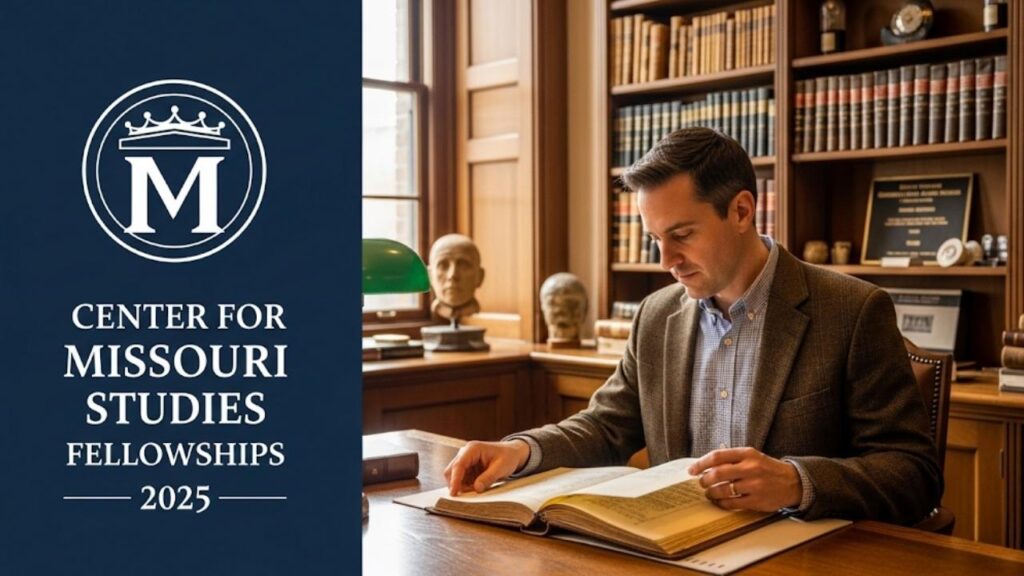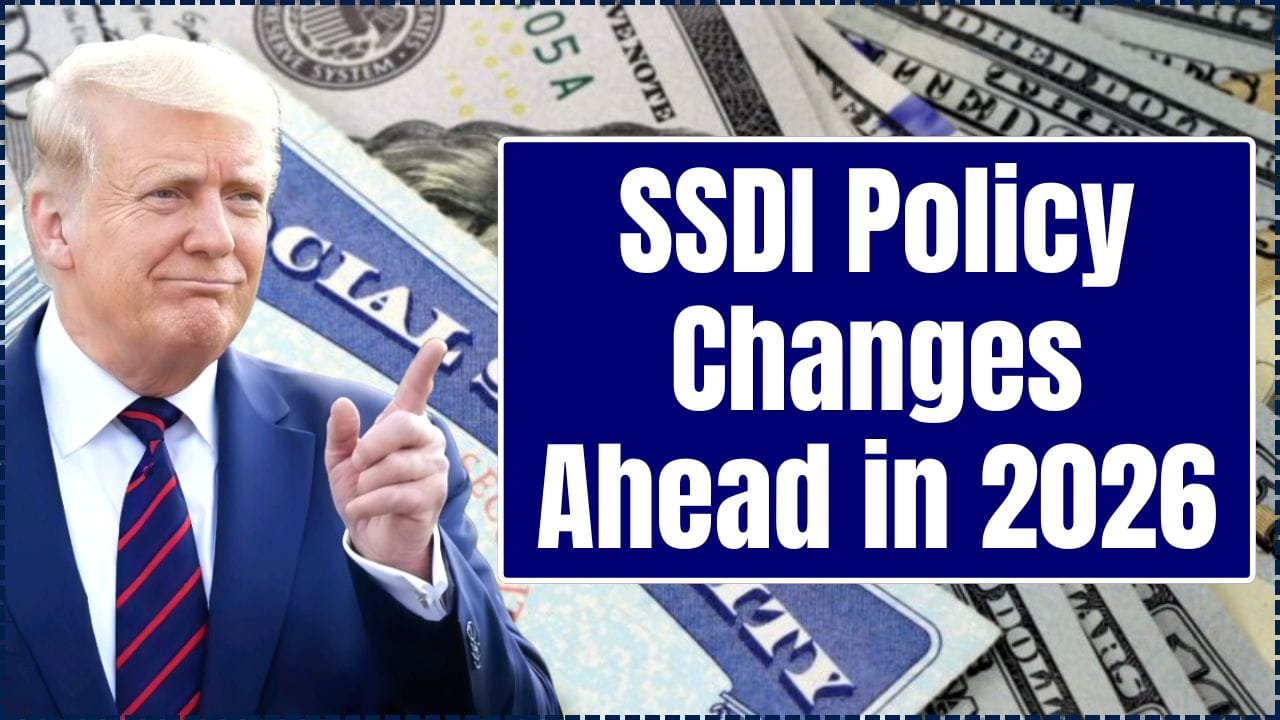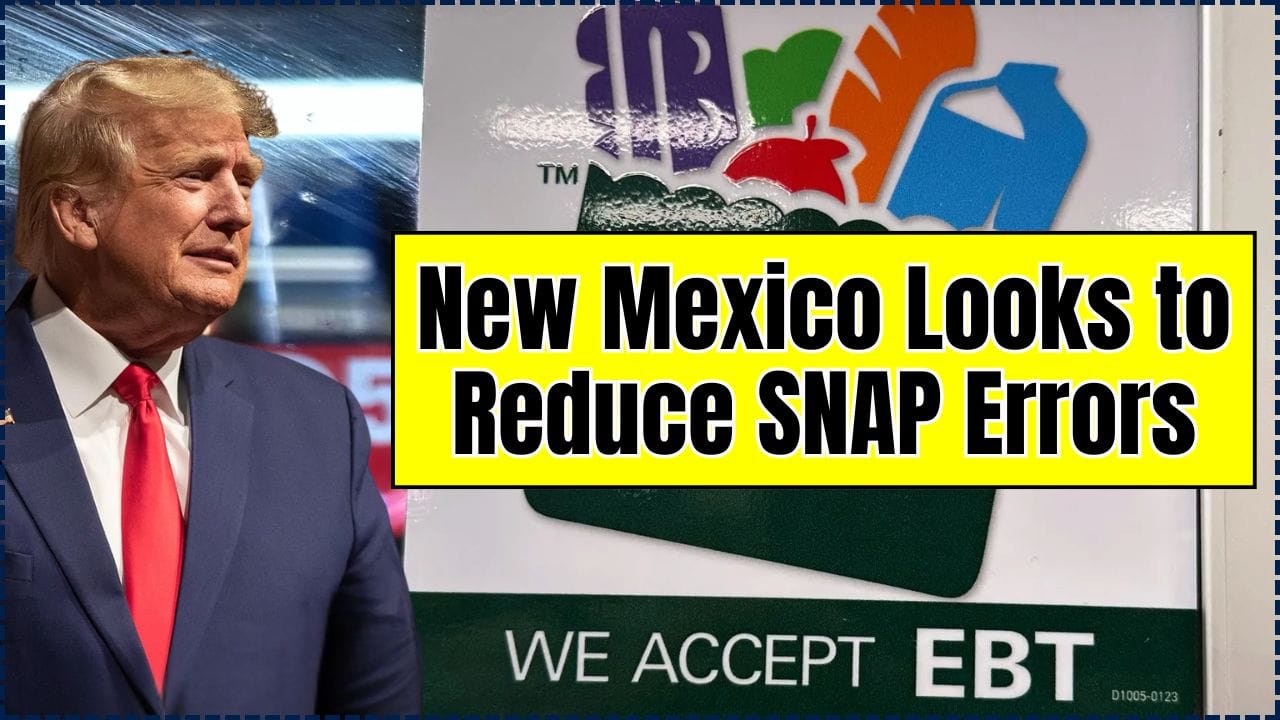Are you a scholar with a passion for uncovering the untold stories of Missouri’s past? The Center for Missouri Studies Fellowships 2025 offer an unparalleled opportunity to delve deep into the state’s vibrant history, supported by a prestigious stipend and the chance for publication. This comprehensive guide will illuminate the path to successfully navigating the application process, offering actionable insights and encouragement every step of the way.

Center for Missouri Studies Fellowships 2025
| Key Fact | Detail/Statistic |
| Application Deadline | September 2, 2025 |
| Stipend Amount | $5,000 |
| Project Output | 8,000-10,000-word scholarly essay |
| Award Announcement | December 15, 2025 |
| Eligibility | Open to both academic and independent scholars |
The Center for Missouri Studies Fellowships 2025 represent a remarkable opportunity for scholars to contribute meaningfully to the understanding of Missouri’s history. With a clear focus on originality, scholarly rigor, and a commitment to broad historical inquiry, these fellowships empower researchers to bring forgotten narratives to light. The journey of historical research is one of discovery, challenge, and immense reward. By carefully crafting your proposal, highlighting your expertise, and demonstrating a genuine passion for Missouri’s past, you can successfully navigate this process and unlock a truly transformative scholarly experience. Start preparing your application now, and join the ranks of scholars illuminating the Show Me State’s incredible story.State Historical Society of Missouri.
Discovering Your Path: What Are the Center for Missouri Studies Fellowships?
The Center for Missouri Studies Fellowships are a highly competitive program designed to foster original research and interdisciplinary scholarship on Missouri’s rich and diverse history. Administered by the State Historical Society of Missouri (SHSMO), these fellowships provide crucial financial support to scholars whose projects promise to shed new light on the state’s past.
The core objective of these fellowships is to encourage in-depth exploration of various facets of Missouri’s history, from its environmental narratives to significant conflicts that have shaped its identity. As a recipient, you’ll not only receive a generous stipend but also gain the opportunity for your work to be considered for publication in the esteemed Missouri Historical Review, the premier quarterly journal dedicated to Missouri scholarship.

Eligibility and Focus Areas for 2025
The Center for Missouri Studies Fellowships are open to both academic and independent scholars. This inclusivity ensures that a wide range of perspectives and expertise can contribute to the historical understanding of Missouri. While the competition is keen, the focus is always on the originality and scholarly rigor of your proposed project.
For the 2025 cycle, two compelling topics have been identified, inviting diverse interpretations and deep dives:
- Environmental History: This broad category encourages exploration of how Missouri’s physical environment has influenced its history. This could encompass anything from policy and management of natural resources like energy, to the broader impact of the environment on the state’s development. Think about the Missouri River’s role in westward expansion, the impact of mining on specific regions, or the history of conservation efforts.
- Conflict in Missouri’s History: This topic invites proposals that examine political, cultural, social, economic, or any other type of conflict that has significantly shaped Missouri’s history and identity. This could range from the tumultuous border conflicts during the Civil War to labor disputes, social justice movements, or even ideological clashes that have defined different eras. The key here is to demonstrate how these conflicts have left an indelible mark on the state.
The Application Process: A Step-by-Step Guide to Success
Navigating the application process for a prestigious fellowship like the Center for Missouri Studies can seem daunting, but with careful planning and attention to detail, you can craft a compelling proposal. The deadline for submitting proposals for the 2025 fellowships is September 2, 2025.
Here’s what you need to prepare:
- Proposal/Application (Maximum two pages): This is the heart of your application. It should clearly and concisely outline your project. Include:
- Applicant’s Name and Institutional Affiliation (if any): Straightforward personal details.
- Title of Proposed Project: Make it clear and engaging, directly reflecting your research.
- Brief Project Description (250 words or fewer): This is your elevator pitch. Summarize your project’s core idea, its significance, and what you aim to achieve.
- List of Main Primary and Secondary Sources: Demonstrate that you have a solid understanding of the existing scholarship and access to the necessary primary materials. This shows your project is feasible and grounded in evidence.
- Proposed Timeline for Completing the Project: Outline a realistic plan for completing your 8,000-10,000-word essay within the calendar year of the award.
- Curriculum Vitae (Maximum two pages): Your CV should highlight your academic achievements, research experience, publications (if any), and any other relevant experience that demonstrates your ability to successfully complete the proposed project.
Crafting a Winning Proposal
- Be Specific and Original: While the topics are broad, your proposal should narrow down to a specific, researchable question. The SHSMO emphasizes originality. What new insights will your project bring?
- Demonstrate Scholarly Rigor: Your proposal should reflect a strong understanding of historical methodology and an ability to engage with both primary and secondary sources.
- Clarity and Conciseness: Fellowships committees review numerous applications. Ensure your proposal is easy to understand, well-organized, and free of jargon. Every word counts, especially within the 250-word project description limit.
- Highlight Your Expertise: Your CV should complement your proposal by showcasing your relevant skills and experience. If you’ve worked with historical archives before, or published on related topics, make sure it’s prominent.

The Benefits of Becoming a Center for Missouri Studies Fellow
Beyond the financial stipend, becoming a Center for Missouri Studies Fellow offers a host of invaluable benefits that can significantly advance your scholarly career.
- Financial Support: The $5,000 stipend provides crucial support, allowing you to dedicate focused time to your research without immediate financial pressures. This can be a game-changer for independent scholars or those juggling other commitments.
- Publication Opportunity: The chance to have your work considered for publication in the Missouri Historical Review is a significant academic achievement. This journal is a respected platform for scholarship on Missouri history, offering wide dissemination and recognition for your research.
- Public Presentation: Fellows are invited to make a public presentation based on their project. This is an excellent opportunity to share your findings, engage with other scholars and the public, and build your professional network.
- Access to Resources: While not explicitly stated for this specific fellowship in all search results, generally, fellowships affiliated with historical societies provide access to their extensive archives, libraries, and expert staff. This can greatly enrich your research process.
- Prestigious Recognition: Being awarded a Center for Missouri Studies Fellowship is a mark of distinction, enhancing your resume and opening doors to future academic and professional opportunities.
A Glimpse into the Past: Previous Fellowship Recipients
Reviewing the projects of past Center for Missouri Studies Fellows can provide valuable inspiration and insight into the types of research that are successful. For instance, the 2025 recipients include Amy Shelton and Joseph R. Nichols Jr. from Saint Louis University. Past recipients have explored diverse subjects, highlighting the breadth of topics supported by these fellowships. This includes scholars from various institutions and backgrounds, underscoring the program’s commitment to fostering a wide range of voices in Missouri historical scholarship. You can find a list of past winners on the State Historical Society of Missouri website, which can be an excellent resource for understanding the scope and depth of previously funded projects.
Maximizing Your Chances: Expert Advice
Applying for competitive fellowships requires more than just a good idea; it demands strategic planning and meticulous execution. Here are some tips to strengthen your application:
- Start Early: Give yourself ample time to refine your research question, gather sources, and draft your proposal. Quality takes time, and rushing will show.
- Refine Your Research Question: A clear, focused, and original research question is paramount. Ensure it aligns with one of the designated topics for the 2025 fellowships.
- Showcase Your Sources: A well-curated list of primary and secondary sources demonstrates that you’ve done your homework and that your project is feasible.
- Tailor Your CV: Customize your CV to highlight experiences and skills most relevant to historical research and the fellowship’s objectives.
- Seek Feedback: Before submitting, ask trusted mentors, colleagues, or writing center professionals to review your proposal. Fresh eyes can catch errors and offer valuable suggestions for improvement.
- Proofread Meticulously: A polished, error-free application conveys professionalism and attention to detail.
When I consider successful applications, they often demonstrate a clear narrative about the applicant’s journey and how this fellowship fits into their broader academic and professional goals. Don’t just present facts; tell a compelling story.
Chart Your Course to Excellence: The DAAD PRIME Fellowships 2026 for Germany
A Comprehensive Guide to British Academy/Leverhulme Small Research Grants 2025
FAQ
Q1: What is the deadline for the Center for Missouri Studies Fellowships 2025?
The application deadline for the Center for Missouri Studies Fellowships 2025 is September 2, 2025.
Q2: What topics are being considered for the 2025 fellowships?
For 2025, the fellowships are focused on two topics: Environmental history in Missouri and Conflict in Missouri’s history.
Q3: What is the expected length of the scholarly essay for the fellowship?
Fellowship recipients are expected to complete an 8,000 to 10,000-word scholarly essay, exclusive of notes.
Q4: Can independent scholars apply for the Center for Missouri Studies Fellowships?
Yes, the fellowships program is a competition open to both academic and independent scholars.
Q5: What is the stipend amount for the fellowship?
Each fellowship carries a stipend of $5,000.






